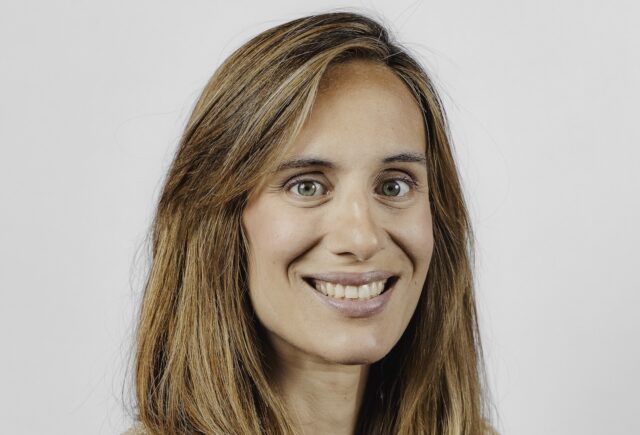The Biodiversity Impact Fund (BIF) will focus primarily on core themes such as regenerative agriculture, sustainable forestry, ocean preservation and sustainable fishery.

Privium Fund Management is launching a biodiversity impact fund seeking to raise €500m to help preserve and restore ecosystems.
The Biodiversity Impact Fund (BIF), which aims to align with SFDR Article 9 regulation, will focus on four themes: regenerative agriculture, sustainable forestry, ocean preservation and sustainable fishery, as well as agritech and aquatech.
Privium Fund Management is partnering with Impact Orange Partners for the portfolio management of the fund.
Speaking to Impact Investor, Gerard Roelofs, co-founder of Impact Orange Partner, said that the fund aims to not just reduce negative impacts on nature, but actively invest in solutions for biodiversity conservation and restoration.
“The fund is focused on preventing the further degeneration of biodiversity, and we want this fund to raise awareness on the economic risks of biodiversity loss,” said Roelofs, adding that he wants people to feel “passionate” about protecting ecosystems.
The fund is due to launch in Q1 2025 and has so far received commitments predominantly from family offices based in the Netherlands, according to Roelofs.
Guided by a ‘theory of change’ framework, the fund aims to reduce the adverse impacts of deforestation and the use of pesticides, as well as enhancing positive outcomes for nature by focusing on habitat restoration and new agricultural techniques, while seeking a financial return.
Furthermore, the new fund aims to contribute to UN SDG 2- Zero Hunger, 6- Clean Water and Sanitation, 12- Responsible Production and Consumption, 13- Climate Action, 14- Life Below Water, and 15- Life on Land.
Institutional interest
The fund launch comes at a time when awareness among investors about the investment opportunity in preserving and restoring nature is growing.
Currently, over 50% of global GDP depends on nature and its services, with natural ecosystem degradation costing the global economy a staggering $5trn (€4.7trn), as highlighted by Anna Väänänen, head of listed impact equity at AXA Investment Managers at this year’s Impact Investor Conference.
Mark Baak, director at Privium Fund Management, added that while there is growing interest among institutional investors in the biodiversity market, they need help from specialist funds in understanding how to measure the impact of biodiversity.
“The measurement of impact is more difficult in biodiversity, which is also the main reason why [investors] need our support. Almost all the institutional investors we speak to, whether they are insurance companies or pension funds, said biodiversity is on their agenda next year – but the issue can be knowing where to start,” Baak said.
Baak added that while clear metrics and data are important to institutional investors, it is important that they don’t wait too long before committing to biodiversity funds. Baak added that if investors wanted to wait for “everything to be crystal clear” with regards to data, they would be waiting ten to fifteen years before getting behind biodiversity impact projects.
Impact Orange Partners’ Michel Iglesias del Sol, who will co-manage the fund alongside Roelofs, and Jan Bertus Molenkamp, said: “We feel that the investability of the biodiversity theme is gradually increasing but requires a kick-start. This is what the BIF intends to do.”






